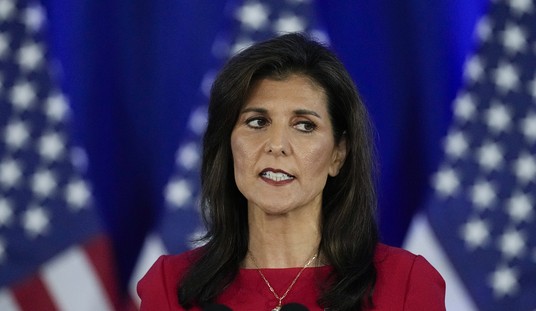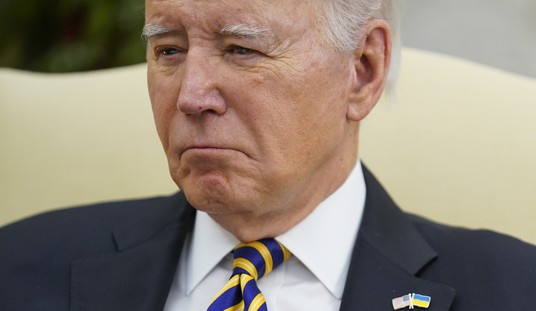It would be more than a little disturbing if we found out that our intelligence agencies suffer from Trump Derangement Syndrome, especially with the inauguration of Donald Trump as our president only slightly more than two weeks away.
Nevertheless, we have been told that 17 — count ’em, 17 — of our intelligence agencies are sure that the computers of the Clinton campaign and the Democratic National Committee were hacked by Russians under direct orders of their capo di tutti capi Vladimir Putin himself. And, as we all know, Putin and Trump are bosom buddies, in cahoots to… well, we’re not sure about that part, but they must be up to something.
But two current news reports throw a bit of that cold Siberian ice on the seventeen’s putative assumption. And one of those reports comes from Vermont, which, although not Siberia, at this time of year is close enough. Apparently the Washington Post, ground zero these days when it comes to Trump Derangement Syndrome, got a story a bit wrong. You might even call it (gasp!) “fake news.”
As federal officials investigate suspicious Internet activity found last week on a Vermont utility computer, they are finding evidence that the incident is not linked to any Russian government effort to target or hack the utility, according to experts and officials close to the investigation.
An employee at Burlington Electric Department was checking his Yahoo email account Friday and triggered an alert indicating that his computer had connected to a suspicious IP address associated by authorities with the Russian hacking operation that infiltrated the Democratic Party. Officials told the company that traffic with this particular address is found elsewhere in the country and is not unique to Burlington Electric, suggesting the company wasn’t being targeted by the Russians. Indeed, officials say it is possible that the traffic is benign, since this particular IP address is not always connected to malicious activity.
The investigation by officials began Friday, when the Vermont utility reported its alert to federal authorities, some of whom told The Washington Post that code associated with the Russian hackers had been discovered within the system of an unnamed Vermont utility. On Friday evening, The Post published its report, and Burlington Electric released a statement identifying itself as the utility in question and saying the firm had “detected the malware” in a single laptop. The company said in its statement that the laptop was not connected to its grid systems.
The Post initially reported incorrectly that the country’s electric grid had been penetrated through a Vermont utility.
Oh, well. Chalk that one up to a zealous electric apartment employee and even more zealous newspaper. (The Post goes on solemnly to explain that the malware “does not appear to be connected with Grizzly Steppe, which U.S. officials have identified as the Russian hacking operation.” Don’t you just love “Grizzly Steppe”? John le Carré would probably have done a little better, but it’s not bad.)
Anyway, amusing. But the other story is more pertinent and comes from someone no one ever accused of Trump Derangement Syndrome — Sean Hannity. He had Julian Assange on his show and asked the WikiLeaks head the following:
HANNITY: Can you say to the American people, unequivocally, that you did not get this information about the DNC, John Podesta’s emails, can you tell the American people 1,000 percent that you did not get it from Russia or anybody associated with Russia?
JULIAN ASSANGE: Yes. We can say, we have said, repeatedly that over the last two months that our source is not the Russian government and it is not a state party.
That appears definitive, but there’s some slight equivocating by Assange when he says WikiLeaks’ source for the Pedestal and DNC hacks “is not the Russian government and it is not a state party.” It still could be some kind of Russian, but it would seem not to be connected to Putin at all, if we are to believe Assange.
Can we? I think most people agree that pretty much everything WikiLeaks has published over many years (I think ten at this point) has been accurate. For Assange to lie about something this important now would demolish his reputation. Why would he risk doing that? Well, there are reasons, of course. He could be a longtime Russian agent. But I’m skeptical.
Assange ascribes the reason for the current brouhaha about Russia to an attempt to wound Trump’s reputation before he takes office. Given the timing, certainly that’s part of it, even if Putin were involved. And there’s this:
ASSANGE: Our source is not a state party, so the answer for our interactions is no. But if we look at our most recent statement from the US government, which is on the 29th of December, OK, we had five different branches of government, Treasury, DHS, FBI, White House presenting their accusations to underpin Obama’s throwing out 29 Russian diplomats. What was missing from all of those statements? The word WikiLeaks. It’s very strange.
I thought it was 35 Russian diplomats, but never mind, it is “very strange” that the word “WikiLeaks” was omitted. Scratch that — it’s not all that strange that Assange’s organization was not mentioned because WikiLeaks, to most people, including me, connotes non-state actors, not Putin or any other fat cat. Think Scandinavian bohemians with a jaundiced attitude toward Russia and America, not to mention Germany, France, and just about everybody else.
In any case, the Podesta emails made great reading, if only for the schadenfreude. We shall see — or not — how they were obtained. Still, it’s worth noting we have all heard the criticism of Donald Trump that he is not attending all his daily intelligence briefings. Maybe he knows something. Maybe he has something to fear.








Join the conversation as a VIP Member